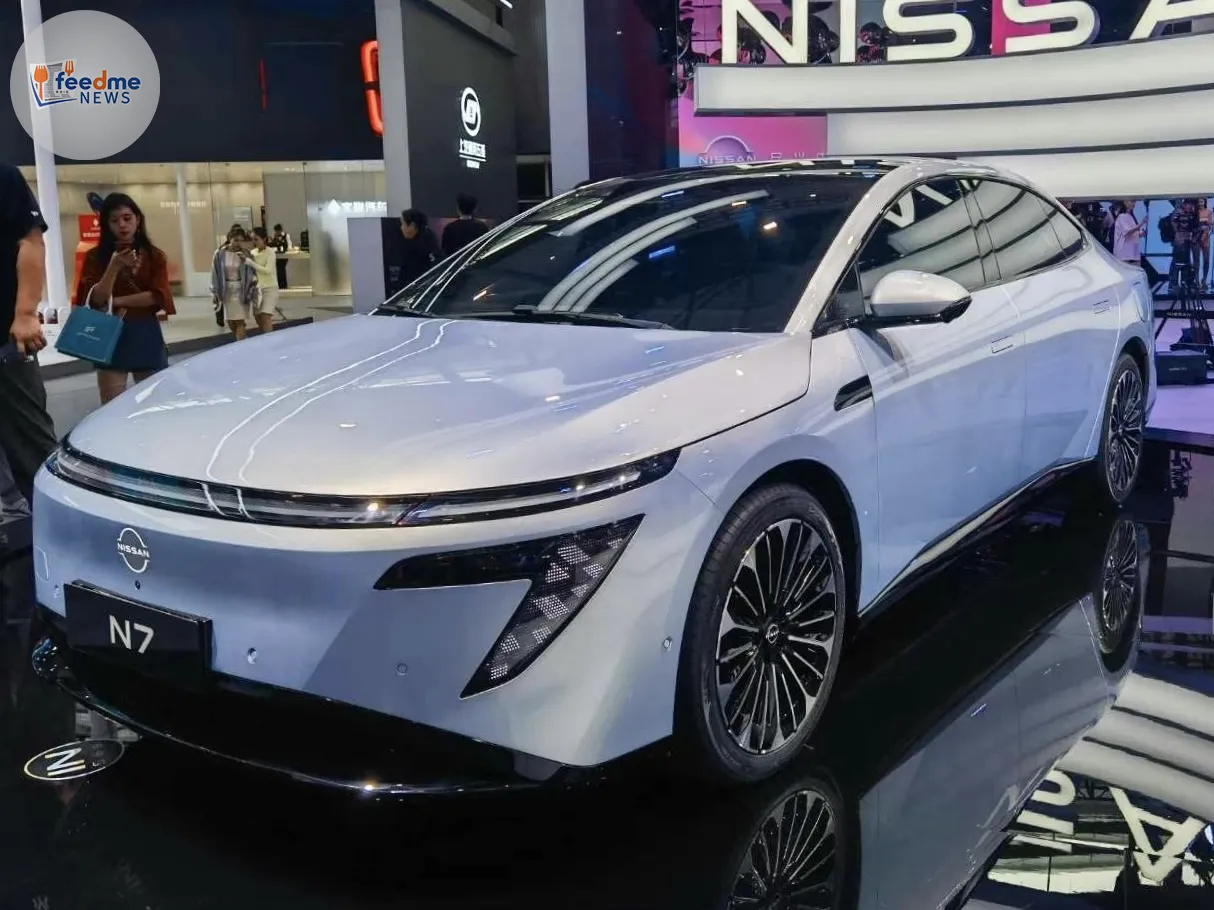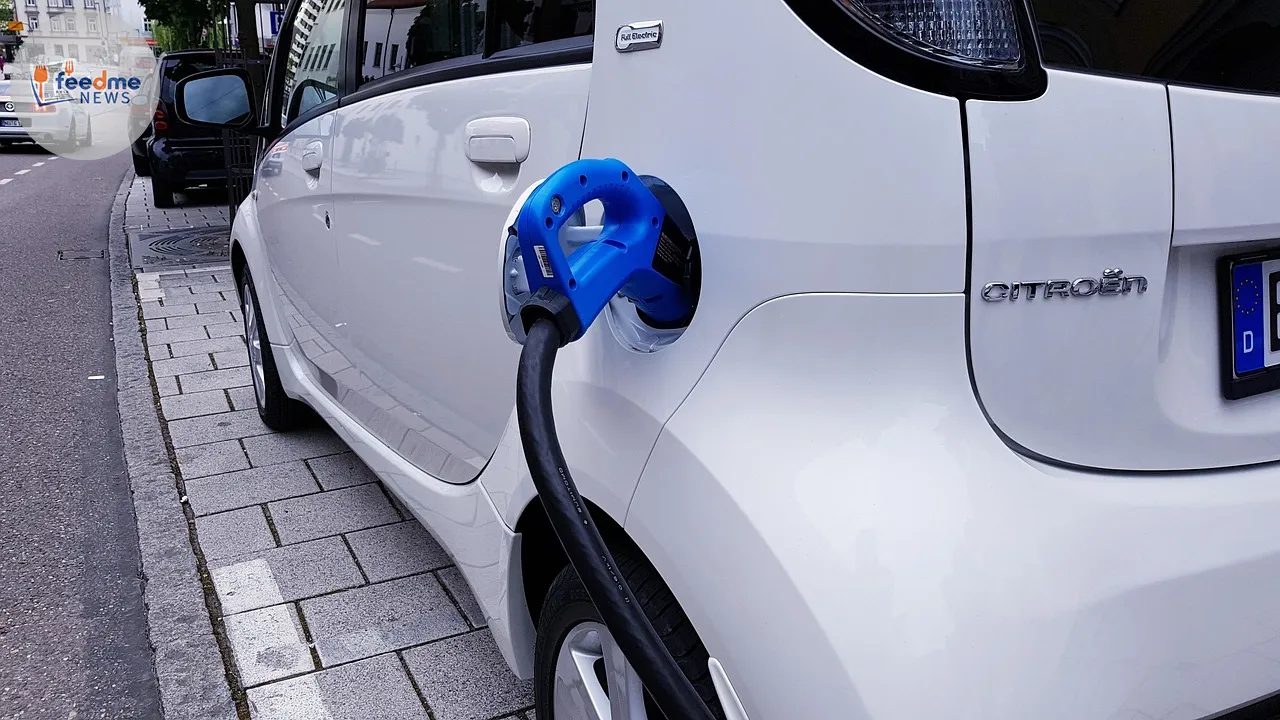Nissan is making headlines with its innovative approach to revitalizing its presence in the global automotive market. As the company unveils its strategic plans for future models from 2025 to 2035, industry experts and consumers alike are taking note of the potential impacts on major markets worldwide. With a recent surge in sales in China, driven by a series of new product launches, Nissan’s roadmap signals a promising trend for its global operations.
Nissan’s Resurgence in China: A Timely Triumph
In recent months, Nissan has seen a remarkable rebound in its Chinese market performance. This resurgence is attributed to the successful introduction of several new models tailored to the preferences of Chinese consumers. Industry analysts suggest that this strategic move not only boosts Nissan’s sales figures but also sets a precedent for other markets. The timing of this success is crucial, as it aligns with Nissan’s broader vision of strengthening its global footprint over the next decade.
China, being the world’s largest automotive market, serves as a critical barometer for automotive success. Nissan’s ability to capture consumer interest here indicates a well-executed strategy that could be replicated in other regions. The company’s focus on electric vehicles (EVs) and hybrid technology aligns with China’s push for greener transportation solutions, further solidifying Nissan’s position as a forward-thinking automaker.

A Vision for the Future: 2025-2035 Model Lineup
Nissan’s strategic blueprint for 2025-2035 emphasizes innovation, sustainability, and technology. The automaker plans to roll out a series of new models that leverage cutting-edge technology to enhance performance and efficiency. This includes a robust lineup of electric and hybrid vehicles designed to meet the evolving demands of environmentally conscious consumers.
The emphasis on EVs is particularly noteworthy as governments worldwide implement stricter emissions regulations. Nissan’s commitment to expanding its EV portfolio not only positions the company as a leader in sustainable mobility but also aligns with global efforts to combat climate change. By investing in advanced battery technology and autonomous driving features, Nissan aims to redefine the driving experience while maintaining its reputation for reliability and affordability.
Expert Insights: Navigating Challenges and Opportunities
Industry experts highlight several challenges and opportunities Nissan faces as it embarks on this ambitious journey. The automotive landscape is rapidly changing, with technological advancements and consumer preferences shifting at an unprecedented pace. Nissan’s ability to adapt to these changes will be crucial in maintaining its competitive edge.
Analysts point out that while Nissan’s focus on EVs is a step in the right direction, the company must also address infrastructure challenges, such as charging station availability and grid capacity. Additionally, Nissan’s success in China could serve as a blueprint for other markets, but cultural and regulatory differences must be taken into account when expanding globally.
Consumer Expectations: Meeting the Demand for Innovation
As consumers become increasingly tech-savvy, their expectations for automotive innovation continue to rise. Nissan recognizes the importance of integrating advanced features into its vehicles, such as enhanced connectivity options, driver-assistance systems, and personalized user experiences. By prioritizing these aspects, Nissan aims to attract a diverse range of customers, from tech enthusiasts to environmentally conscious drivers.
Furthermore, Nissan’s focus on affordability ensures that these innovations are accessible to a broad audience. By striking a balance between cutting-edge technology and cost-effectiveness, Nissan positions itself as a brand that caters to both premium and budget-conscious segments of the market.
Looking Ahead: The Road to Global Success
Nissan’s strategic plans for 2025-2035 underscore its commitment to innovation and sustainability. As the company continues to roll out new models and expand its EV offerings, the potential for global success becomes increasingly tangible. Nissan’s recent achievements in China serve as a promising indicator of what lies ahead in other key markets.
By focusing on technological advancements, consumer preferences, and environmental responsibility, Nissan is poised to redefine the automotive landscape. As the world moves towards a more sustainable future, Nissan’s vision aligns with the broader goals of reducing emissions and enhancing mobility for all. With a clear roadmap and a commitment to excellence, Nissan is well-positioned to lead the charge in the next era of automotive innovation.






